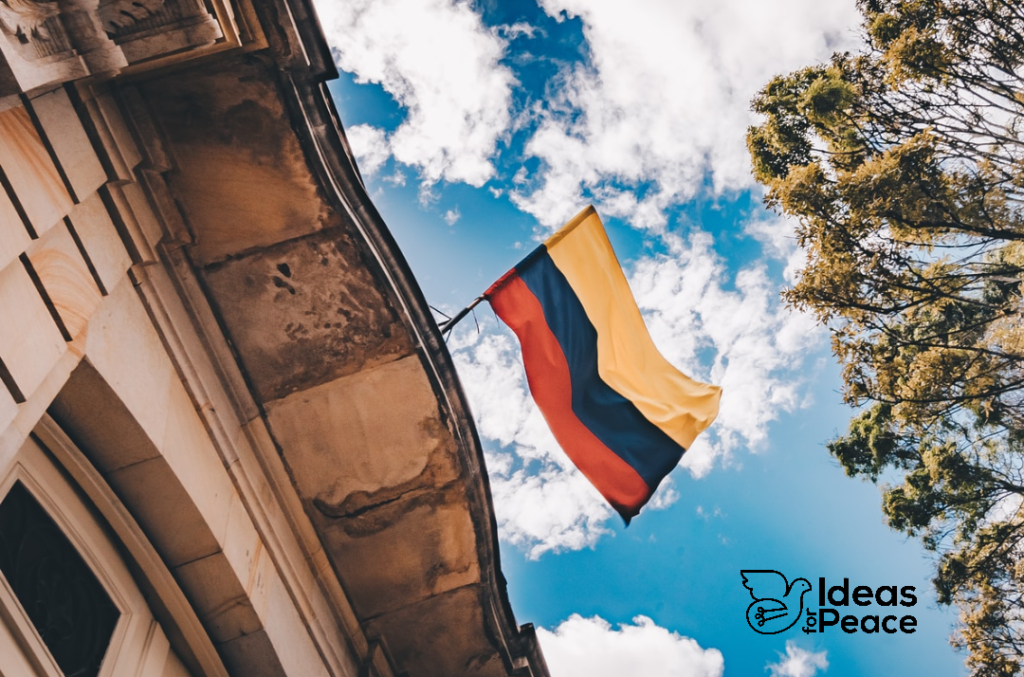Hoist your white flags of peace, but do it tactically!

Hoist your white flags of peace, but do it tactically! Reflections on nonviolent actions during the referendum of the Colombian Peace agreement of 2016 Author: Felipe García Arias Translated into Spanish by Silvana Gordillo González On October 2 of 2016 the national referendum to approve or reject the peace agreements between the Colombian government and […]
Paz y democracia Local en Costa Rica. Políticas Públicas y su rol fundamental en nuestro futuro

Una reflexión sobre el rol de los gobiernos locales en la creación de planes medioambientales que promuevan la coexistencia pacífica de sus ciudadanos
Podcast Radio Comunitaria en Costa Rica

Podcast que realiza un análisis legal sobre el acceso a las radio frecuencias en Costa Rica y su impacto en la pluralidad de la información
Five Sad Reasons to Worry about Peru
“There is something different about the way Peruvians do politics,” writes Rafael Velasquez. “Something scary, it should be said.” Politicians use everything from the powerful coca leaf influence to old resentment towards neighboring Chile to squeeze out a political advantage over their opponents. It is, says Velasquez, a dangerous recipe.
Human Security as a Measure of Peace Building
Victor Valle prefaces his Central American Diary with an historical summary
Honduras: La Carta del Ejército
Honduras: La Carta del Ejército Author: Ronald Castro Fernández Originally Published at Peace and Conflict Monitor on: 07/18/2009 Category: Comment El hecho de haber dejado con vida y sacado del país a José Manuel Zelaya es una carta que el ejército se está jugando. Las fuerzas armadas han aparentado ser dóciles y obedientes al poder […]
Peace vs. Accountability in Colombia
The author, analysing the nature of the conflict in her country, sees a way out to resolve over forty years of conflict in Colombia. She puts reconciliation before prosecution and punishment.
Revolution as Poetry
Regina Eddelman takes her first trip to Nicaragua and finds a nation of poets.
Something about trees
The Editor spends a couple of days out of the office.
Lessons from the
The General Assembly of the UN watched the “establishment of an active group of friendly countries to play a particularly important role in supporting the reactivation of the social development in the country (Nicaragua), which will facilitate the strengthening of its institutional and democratic structures.” With the whole world watching how the aftermath of the Iraqi intervention by the US and the UK will pan out, should we be watching how cooperative efforts aided by the UN have worked out elesewhere in recent years?
